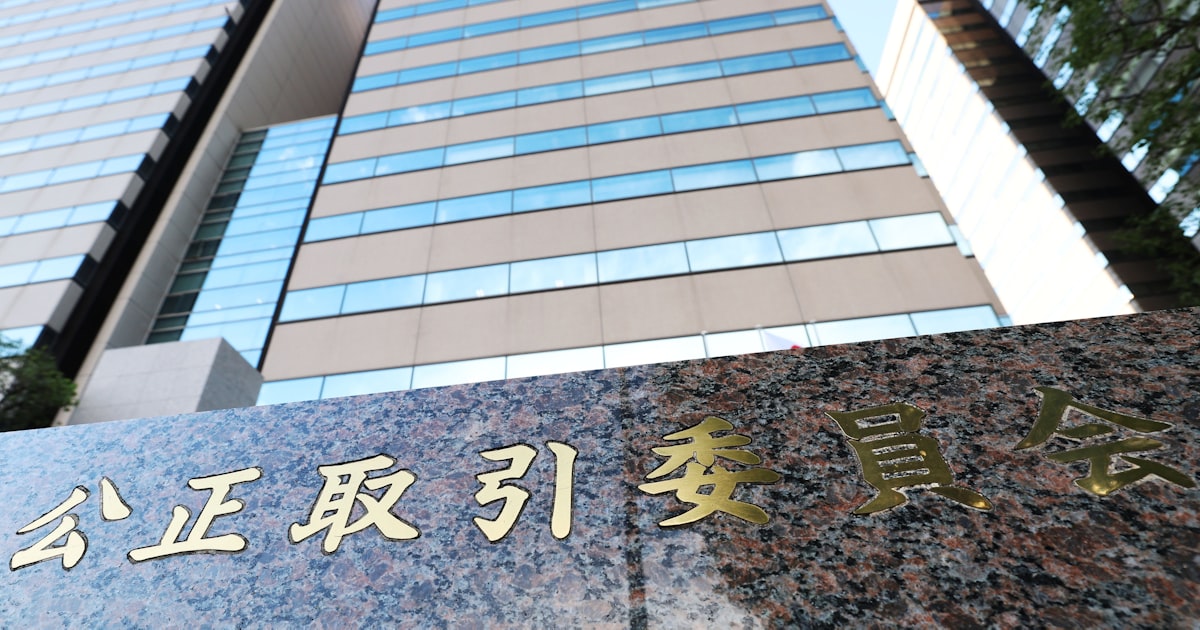Fair Trade Commission Acts: KYB's Unfair Practices Investigated
Japan's Fair Trade Commission (FTC) is investigating KYB Corporation, a major automotive parts supplier, for allegedly engaging in unfair business practices. This significant development sends ripples through the automotive industry and highlights the growing scrutiny of anti-competitive behavior globally. The allegations, if proven, could lead to substantial fines and reputational damage for KYB. This article delves into the details of the FTC's action, its implications, and the broader context of fair trade regulations in the automotive sector.
KYB Corporation Under the FTC Microscope: Details of the Allegations
The FTC's investigation centers around allegations that KYB engaged in bid-rigging and collusion with other unnamed companies. These practices, prohibited under Japan's Antimonopoly Act, involve manipulating bids for government contracts and private projects to artificially inflate prices and stifle competition. The investigation is currently in its early stages, with the FTC gathering evidence and interviewing key individuals within KYB and potentially other companies. Specific details regarding the scope and timeframe of the alleged misconduct remain limited at this time, pending the completion of the FTC's investigation.
Key Aspects of the Alleged Unfair Practices:
- Bid-Rigging: The FTC suspects KYB coordinated bids with competitors to ensure a specific company won contracts, regardless of the most competitive offer. This practice artificially inflates prices paid by customers, including the Japanese government and private automotive manufacturers.
- Collusion: Allegations suggest KYB collaborated with other companies to set prices for specific automotive parts, limiting market competition and harming consumers. This could involve agreeing on pricing strategies, market share allocation, or other tactics to restrict competition.
- Potential Impact: If the allegations are substantiated, the impact on KYB could be severe, including substantial fines, legal penalties, and potential damage to its reputation. Customers may also reconsider their partnerships with KYB.
Implications for the Automotive Industry and Fair Trade Regulations
The FTC's investigation against KYB serves as a stark reminder of the importance of fair trade practices within the automotive industry. The global nature of the automotive supply chain necessitates strict adherence to antitrust regulations to ensure a level playing field and prevent monopolies. This case underscores the growing focus on combating anti-competitive behavior across various sectors. The outcome of the investigation will have significant ramifications for KYB and will likely influence future regulatory enforcement in Japan and beyond.
Broader Context: Global Trend of Increased Antitrust Scrutiny
The FTC's action against KYB reflects a broader global trend of increased scrutiny of antitrust issues. Regulatory bodies worldwide are increasingly proactive in investigating and penalizing companies engaging in unfair business practices. This heightened attention reflects a growing awareness of the negative consequences of anti-competitive behavior on consumers, innovation, and economic efficiency.
What Happens Next? The Future of the KYB Investigation
The FTC's investigation is ongoing, and its timeline remains uncertain. The process involves a meticulous examination of evidence, including documents, witness testimonies, and market analysis. The FTC will determine whether sufficient evidence exists to support the allegations and decide on appropriate actions, which may include substantial fines and other penalties. We will continue to monitor this case closely and provide updates as they become available.
Stay informed about the latest developments in fair trade and the automotive industry by subscribing to our newsletter (insert link here) or following us on social media (insert links here).
